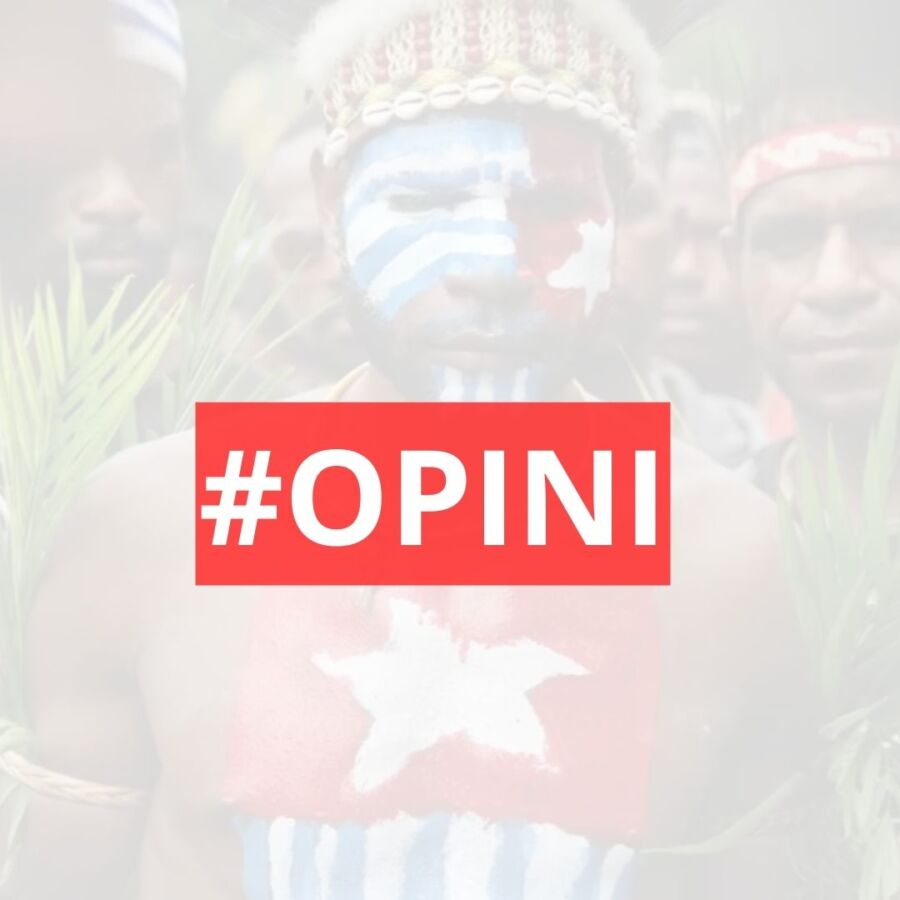By: Irene Wompere, Student at Muhammadiyah University (Unamin) Sorong
Papua, as an important part of Indonesia, has an indisputable status as an integral part of the Unitary State of the Republic of Indonesia (NKRI). Even though several parties are trying to raise the issue of Papuan independence, the historical reality and the Indonesian constitution emphasize that Papua is an inseparable part of the Republic of Indonesia.
The long history of Papua in the Indonesian context began in 1963, when the region was legally integrated into the Republic of Indonesia through the Determination of Popular Opinion (Pepera). The Pepera, recognized by the United Nations (UN), is a democratic step that shows that the majority of Papuans chose to join Indonesia.
The Indonesian Constitution, the 1945 Constitution, also emphasizes that Indonesia’s territory is one unit that cannot be divided. Article 1 paragraph (1) of the 1945 Constitution states that the Republic of Indonesia is a unitary state in the form of a republic. Therefore, all efforts aimed at separating Papua from Indonesia are contrary to the constitution of this country.
Papua as part of Indonesia is also the government’s focus to ensure the development and welfare of the Papuan people. Various development programs have been implemented to improve infrastructure, education and health in Papua. The central government and regional governments are working hard together to improve the standard of living of the Papuan people. However, during this development there were challenges, namely security disturbances from KST Papua.
The Chief of Army Staff (KSAD), General TNI Maruli Simanjuntak, stated that he would not use a full combat approach to reduce the conflict in Papua. Furthermore, instead of choosing a war approach in resolving the Papuan conflict, Maruli said that his party would emphasize a dialogical approach in the form of fostering purely territorial functions.
Apart from political and human rights issues, development in Papua is also in the spotlight. Even though Papua is rich in natural resources, levels of poverty and inequality among the Papuan population remain high. Many Papuans feel that they have not benefited from the exploitation of natural resources by foreign companies and the central government.
In fact, the Government has tried to overcome various problems related to Papua through various development policies and community empowerment. Programs such as the Wamena Program and the Construction of the Red and White Bridge are proof of the government’s commitment to improving welfare and infrastructure in Papua. However, the challenges in implementing these programs remain large, especially considering Papua’s complex geographical and socio-cultural conditions.
Chair of the Melanesian Youth Diplomacy Forum and Papuan figure, Steve Mara, acknowledged the significance of Papua’s development in improving infrastructure and the quality of Human Resources (HR). This is a clear example of the Government’s attention to further strengthening Papua’s integration within the Republic of Indonesia.
All of these efforts show a development paradigm that is evenly distributed throughout Indonesia, not just concentrated on the island of Java. The government continues to try to develop Papua, even in remote areas of the country, with the hope that this development will have a positive impact on improving human resources and economic growth in Papua.
The active involvement of the young Papuan generation in this development certainly strengthens the sense of nationalism and love for the Republic of Indonesia. The government has accommodated their participation, showing shared responsibility in Papua’s development.
A young Papuan figure, Charles Kossay, highlighted the government’s consistency in paying attention to the conditions and needs of Papua from the era of President Soekarno to Joko Widodo. The policies taken are always relevant to the situation and conditions of Papua.
The government continues to strive to improve the welfare of indigenous Papuans with a holistic approach. As we approach the change of leadership in 2024, great hope lies in the continuation of national policies which have had a positive impact on Papua.
The importance of understanding the status of Papua in the context of the Republic of Indonesia is not only for Indonesia but also for stability and peace in the Pacific region. A prolonged conflict in Papua could have far-reaching impacts, both politically and economically, not only for Papua but also for Indonesia as a whole.
Papua’s future lies in inclusion, dialogue and sustainable development. Papua must become an inseparable part of Indonesia’s diversity, where every tribe, religion and culture is respected and recognized. Only by respecting and fighting for common interests, Papua can develop and contribute positively to the nation and state.
Collaboration between government, society and the private sector is key. By working together, they can create innovative solutions that benefit all parties and ensure that development in Papua runs in line with the principles of sustainability and justice.
Papua is an inseparable part of the Republic of Indonesia. Its natural and cultural diversity is an invaluable treasure for the Indonesian nation as a whole. By maintaining diversity and strengthening unity, we can all work together to build a better future for Papua and all of Indonesia.
In the end, Papua’s status as an integral part of the Republic of Indonesia is a fact that cannot be denied. However, to achieve peace and sustainable progress, joint efforts are needed from all parties, both from the Indonesian government, the Papuan people and the international community. With cooperation and sincerity, Papua can become a reflection of Indonesia’s true diversity and unity.

